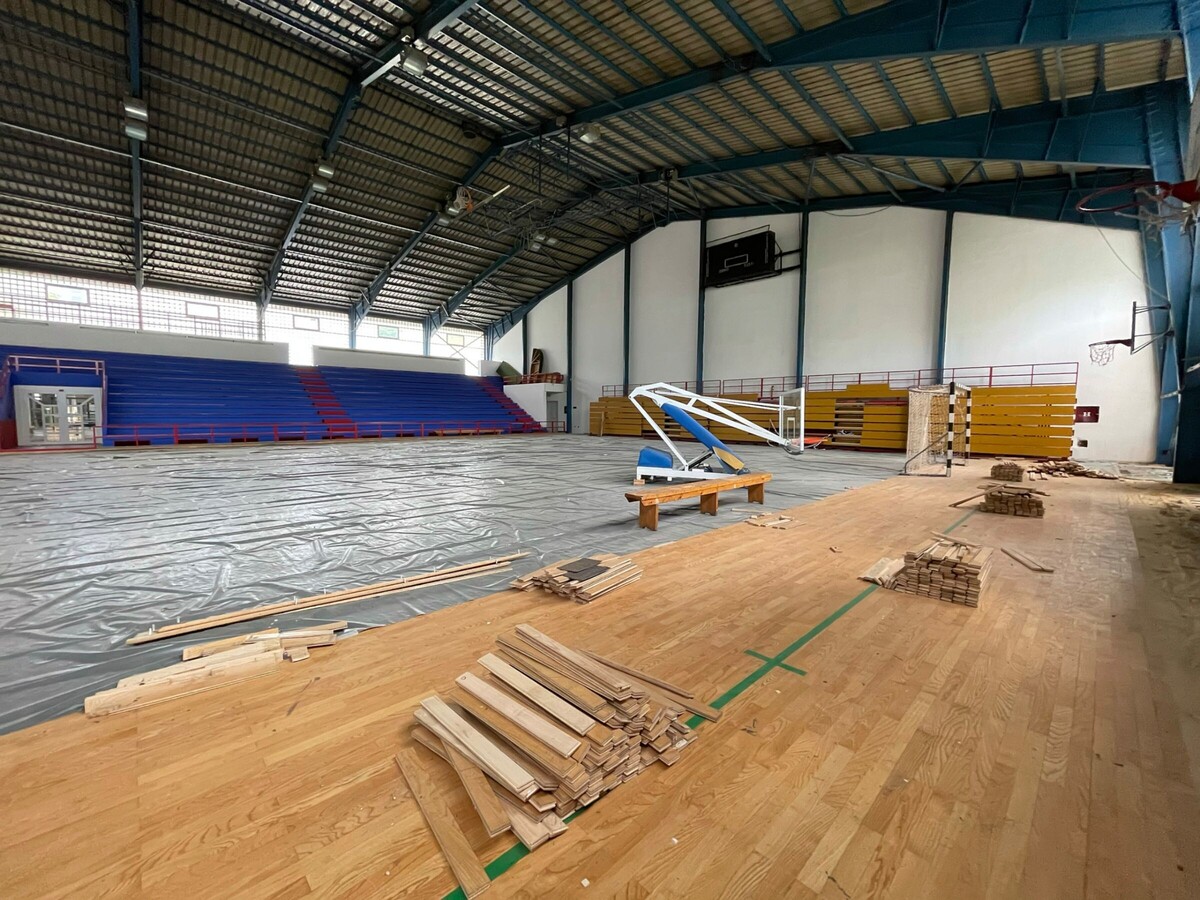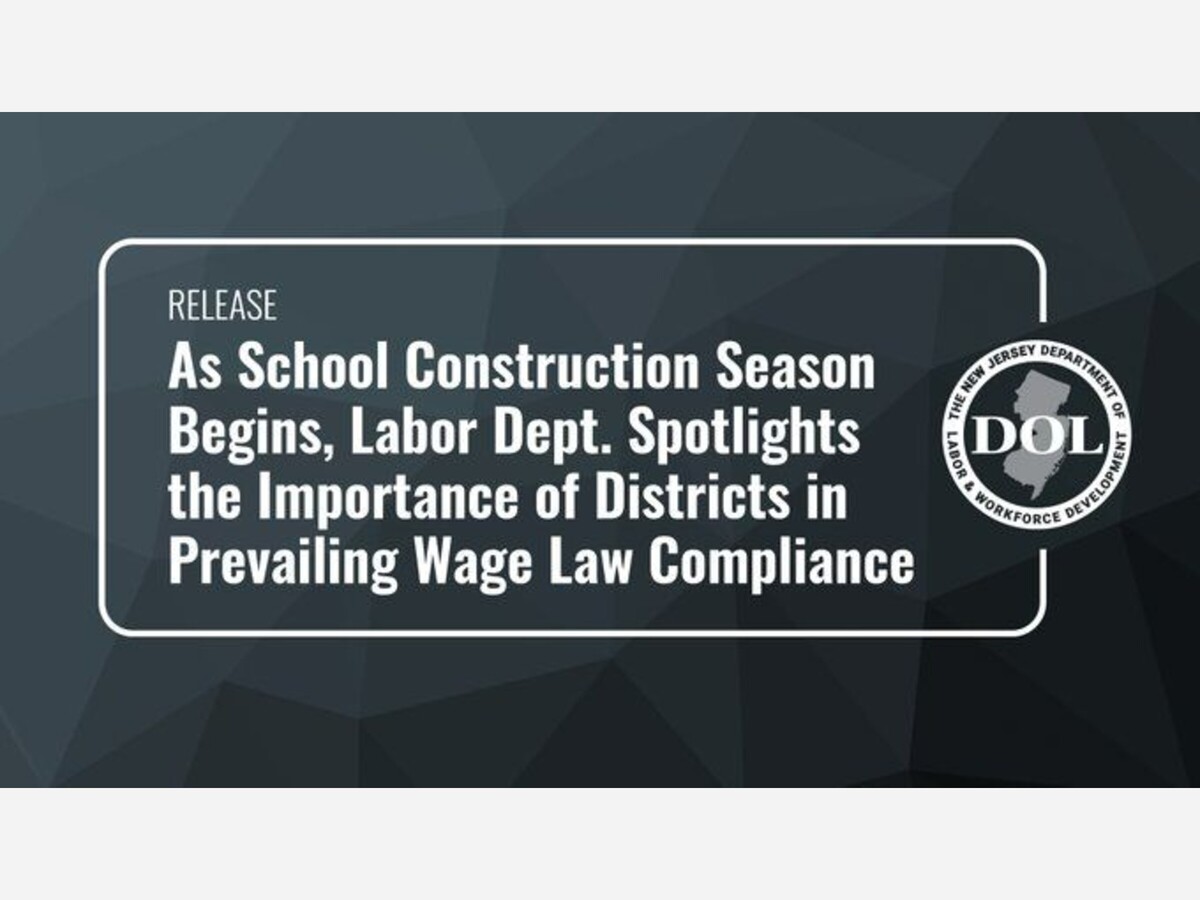New Jersey Labor Department Emphasizes Prevailing Wage Law Compliance as School Construction Season Commences
As the summer season paves the way for an uptick in construction activities, the New Jersey Department of Labor and Workforce Development (NJDOL) is underscoring the crucial role local governments and school boards play in preserving workers' rights and fostering skilled apprenticeship programs in compliance with the New Jersey Prevailing Wage Act.
The New Jersey Prevailing Wage Act, or N.J.S.A. 34:11-56.25 et seq., establishes a prevailing wage for workers engaged in public work.
The law ensures minimum rates of pay for laborers, craftsmen, and apprentices employed on public works projects, shielding both workers and employers from unfair competition due to detrimental wage levels.
Under this Act, workers must receive the relevant craft prevailing wage rate as determined by the Commissioner of Labor and Workforce Development.
Labor Commissioner Robert Asaro-Angelo said, "Our duty is to protect workers and employers from being undercut by unfair competition. We have a responsibility to ensure every employer -- especially our partners in the public sector -- are complying with our laws."
In a proactive effort last year, NJDOL, in conjunction with the New Jersey Department of Community Affairs and the New Jersey Department of Education, issued letters to all districts in the state, providing further guidance on the recently updated laws.
Public entities are reminded of their responsibilities when working with contractors or subcontractors, including verifying the correct prevailing wage determination(s) in contracts, ensuring weekly certified payrolls are submitted for all work under the NJPWA, and checking the NJDOL website to verify contractors and subcontractors are not listed as ineligible bidders due to debarment or outstanding judgments.
In addition, they are also advised to create and maintain a process for collecting certified payroll records accessible for public and NJDOL review. In cases where the lowest bid for a public work contract is at least 10% lower than the next lowest bid, the lowest bidder should provide written certification confirming they will pay all workers the prevailing wage rate before the contract is awarded.
Moreover, following the signing of A-3666 by Governor Murphy in 2019, construction contractors executing public work are required to participate in a USDOL Registered Apprenticeship program. This model has shown substantial benefits, creating a skilled, dedicated workforce and allowing participants to earn a wage while training.
Such programs have yielded significant return-on-investment for employers, lower turnover rates, and fewer errors from participants. Since Governor Murphy took office in January 2018, New Jersey has seen a 96% increase in apprenticeship programs.
For additional information on New Jersey's wage and hour laws, visit myworkrights.nj.gov.
















